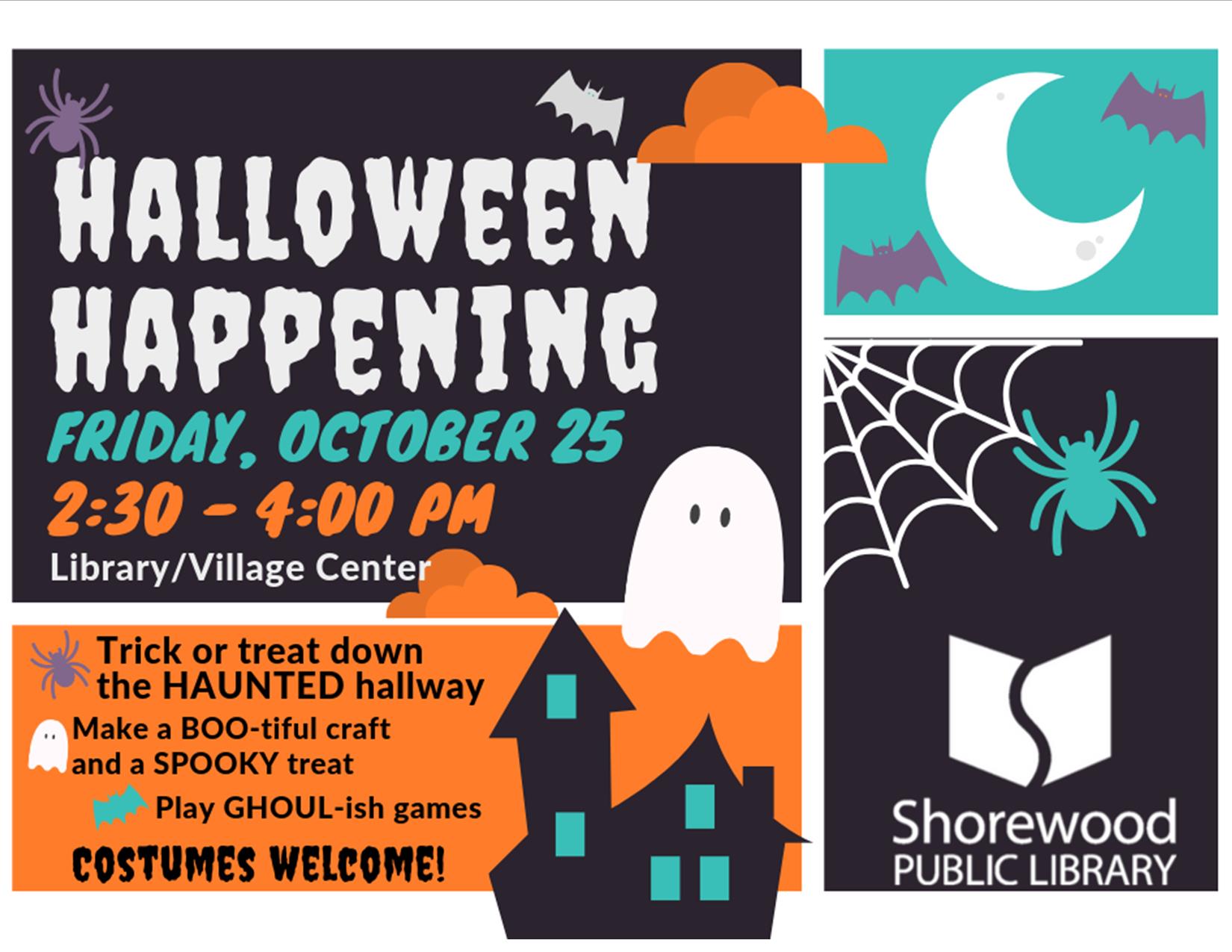Posted Oct 17, 2019
It won’t be long before the streets are filled with ghosts and goblins, pirates and princesses, and scores of superheroes. Halloween ranks as a favorite on children’s holiday hit parade. Not only do they get a bag full of sweet treats, they get to don costumes and, for a few hours, be whoever they want to be.
While that load of sugar isn’t a plus for children’s well-being, that dose of fantasy does give a boost to their emotional and cognitive health. Young children thrive in the “Land of Make Believe.” Research has shown that imaginative or pretend play is crucial to the healthy development of young children.
The benefits of engaging in imaginative play are many, including -
Emotional Development – Pretend play creates a structure for children to express positive and negative feelings, as well as work through difficult emotions they don’t understand. It also provides a sense of power and control children don’t often feel in the real world. That is why superheroes and characters with supernatural abilities often get top billing in their make believe worlds. Imaginary friends help children cope with fears and feelings of loneliness. Those acted out scenarios can result in increased self-confidence. Research also suggests pretend play supports the development of self-regulation as children learn to operate within their roles.
Social Development – Pretend play allows children to “practice” many aspects of everyday life from shopping and cooking to caring for pets. It allows children to experiment with different roles in life whether they are starring in that role or using dolls or puppets. Role-playing can also lead to increased empathy. By the age of 3, pretend play is often group play which allows experience with cooperation, compromise, and adjusting to rules.
Language Development – While imitating characters, real or fantastical, children use words that are not part of their everyday vocabulary. (Have you ever heard your child “playing” mom or dad and mimicking your most commonly used phrases?) Through pretend play, children learn the power and uses of language. They are also able to experiment with sounds and words.
Cognitive Development – Pretend play develops thinking skills needed throughout life such as problem solving and decision making.
Creativity – Pretend play is an exercise in creativity. It allows children to use their imaginations to create temporary situations, scenarios and worlds beyond the confines of “real life.” A cardboard box becomes a car, a fort, a lake or a mountain. They become a wild animal, doctor, parent, superhero or fairy. The benefits of such fantastical feats are lasting. Research shows that children who engage in pretend play in their early years demonstrate increased creative performance in adult years.
Parents and caregivers can support children’s imaginative play by providing a physical space for it, making props available, and engaging in play with their children. Space may be a separate area or just defining a space that is safe for active play. Props needn’t be expensive or elaborate. An old towel can transform into a superhero cape, scarf or magic carpet. Parents make great patients for the pop-up doctor’s office or hungry diners at the local restaurant. Books are great launchpads for imaginative play.
With all of the benefits of pretend play, there are times when it is not a plus and adult intervention is needed. Obviously, if children are being physically hurt or engaging in dangerous behavior, adults must intervene and set strict guidelines. Children may also use pretend play to avoid something or get something they want. “I don’t have to go to bed. I’m a bat and they stay up all night.” At times, children will also use pretend play in negative ways to get attention. While manipulative pretend play is developmentally normal for young children, it still calls for some grown-up guidance.
To read more about the importance of Pretend Play
https://www.scholastic.com/teachers/articles/teaching-content/ages-stages-imagine-pretend/
https://kidshealth.org/en/parents/play-magic.html
Looking for another chance to indulge in a little pretend play and get some more use out that trick-or-treat costume? Don’t forget our annual Halloween Happening – Friday October 25 – 2:30 - 4:00 p.m..

Share This:
